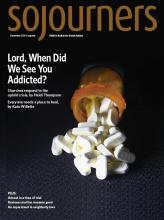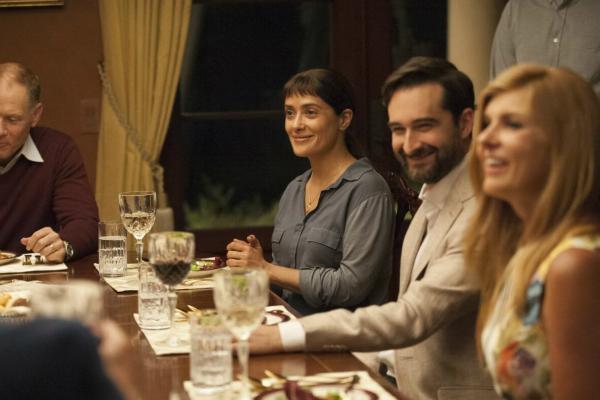A FEW YEARS AGO, Woody Allen made a subtle cinematic joke about writers and artists harking back to “the good old days,” while soaking up—and co-creating—the atmosphere of 1920s Paris. If ever there was a “good old days,” some might think it was 1920s Paris. The joke of Midnight in Paris was that even people who live in the good old days are nostalgic for their own version. People feel the same way about movies: “They don’t make them like they used to” is the common refrain.
Read the Full Article

Already a subscriber? Login
